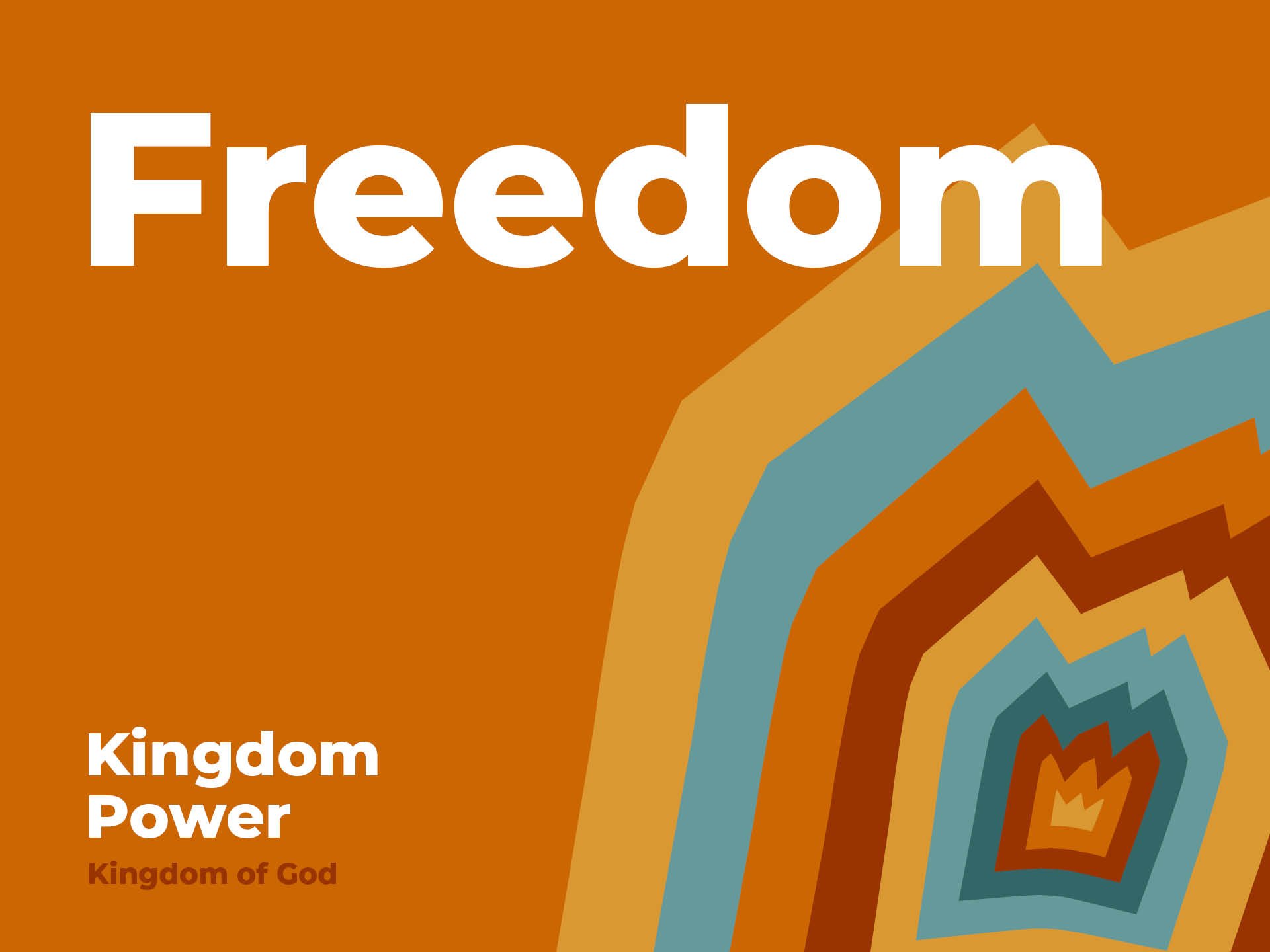Healing: Practice
About this series:
The kingdom of God is not a static subject, but a dynamic reality. The presence of God and his reign with his people makes an experiential difference and while that should be clear throughout the whole series, this section should especially emphasise that. Martyn Lloyd Jones’ comment about this is helpful: ‘The Christian life after all is a life, it is a power...That is the thing we so constantly tend to forget. It is not just a philosophy, it is not just a point of view, it is not just a teaching that we take up and try to put into practice. It is all that, but something infinitely more.
The topics we’ll cover are (though not necessarily in this order -please see further below):
Power (introduction - the Christian life is a life of power!)
Healing: theology
Healing: practice
Gifts: prophecy
Gifts: speaking in tongues
Salvation
Freedom
Suffering
The reason for including a week on suffering is that, as God said to Paul, "My grace is sufficient for you, for my power is made perfect in weakness" (2 Corinthians 12:9). We all know that one of the greatest evidences of God's kingship as displayed in the life of his people is his power that sustains us when we suffer - it's definitely a mark of his reign.
About this talk:
We aim to pray in an attitude of hope, avoiding the opposite dangers of hyped-up prayer and hollow prayer.
It’s important to remember we live in the kingdom of God, which is both now and not yet.
We will:
Seek to be kind, gentle and considerate. We will treat the person as an individual and be mindful that they may have experienced considerable stress due to their condition.
Ask the person what they would like prayer for. Even if it seems obvious, they may have something else in mind. For example, if a person is blind, we should not assume they want prayer for their eyesight.
They may have a knee injury or be asking for God’s help in persevering!
Leave the person assured that God loves them and that we love them whatever God does or doesn’t do in the moment.
Be careful not to fall into ‘techniques’ of prayer for healing, for example trusting that laying on of hands or making certain commands to sickness or speaking to the sickness or adding ‘in the name of Jesus’ to the end of our prayers in a formulaic manner.
Advise someone who has a known condition and believes they have been healed to have it verified by a medical professional.
Involve a third party if we believe we have a prophetic word or word of knowledge in relation to the person’s physical condition.
We will never:
Tell a person to stop taking medication, but advise them to speak to their medical professional.
Tell someone they are healed unless they claim to be.
Tell someone they will be healed if they do certain things.
Encourage the person we are praying with to ‘claim their healing.’
Tell the person they need to have more faith to be healed or suggest they are not healed because they haven’t had enough faith or that not being healed is the result of sin.








